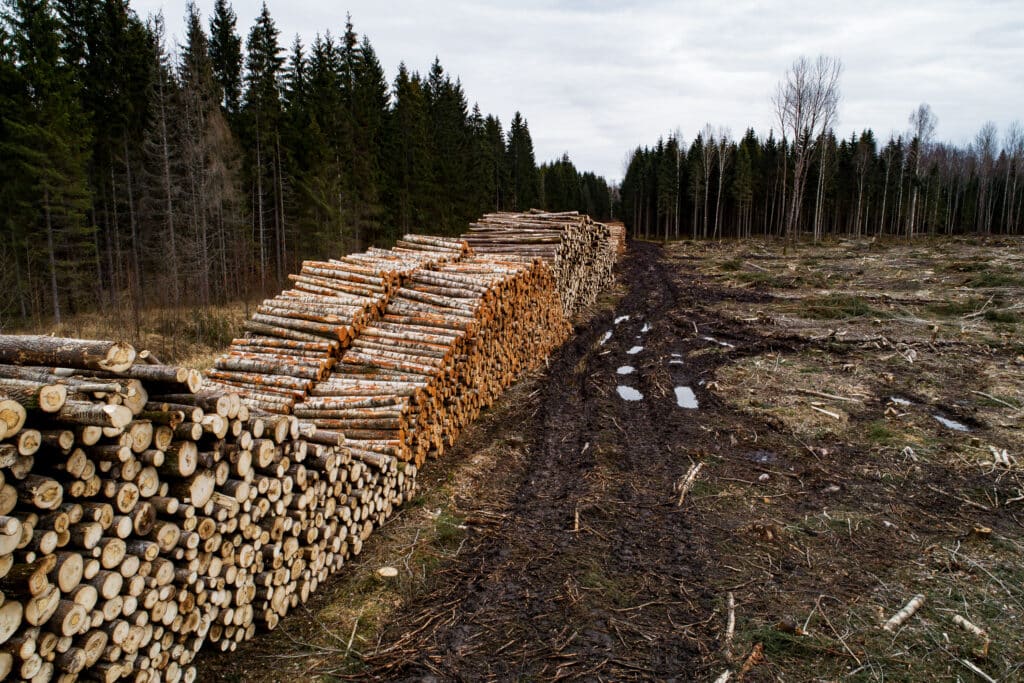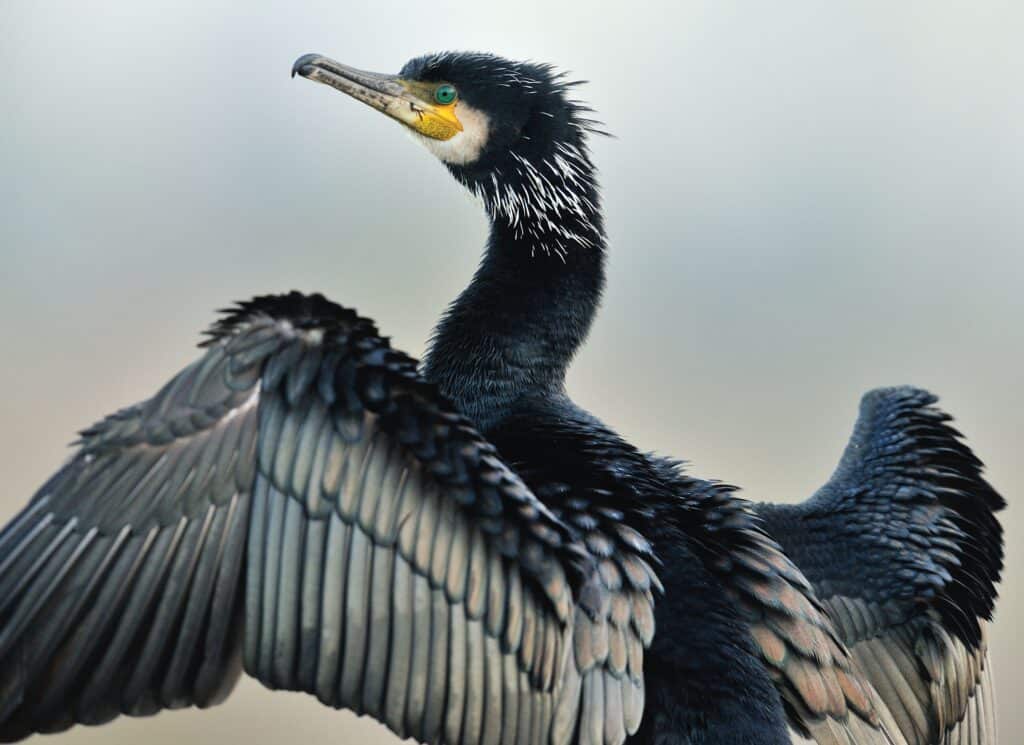A quick policy overview – September 2022
September is here and it is time to catch up with the EU’s latest nature news.
The Nature Restoration law
Back in June, the European Commission presented its legislative proposal for binding nature restoration targets that can put the EU’s degraded ecosystems on a path to recovery. This is a huge milestone as it is the first major piece of EU biodiversity legislation since the Habitats Directive in 1992! We call on the on the European Parliament and the Council of the EU to adopt the proposed nature restoration Regulation without delay and to strengthen it where needed! Read our joint position paper here. After the summer break, the European policy process is resuming, and we are meeting decision makers at the EU and national level to discuss their priorities and concerns.
Of clearcuts and birds

In July, the EU Parliament’s industry committee (ITRE) voted on recommendations for the EU’s Renewable Energy Directive (RED). The loopholes included in the ITRE committee’s report will allow an increase in wood burning, contributing to the destruction of Europe’s already vanishing forests. Already more than half of wood used in Europe is burned and subsidised as “renewable energy”, despite the stark warnings of scientists that this is accelerating the climate crisis and harming already threatened wildlife. On September 14, the RED will be voted in plenary. Call on your MEP to vote to stop giving our tax money to burn our forests!
Cormorants under attack

Cormorants in the EU are under attack without any scientific basis! In October, the parliament will vote on a report calling for an “EU Great Cormorant management plan”. This management plan could severely impact the recovered population that was on the brink of extinction in the 70ies. Science clearly shows that the plan is ineffective to solve local conflicts with fisheries and aquaculture. Most importantly, it is not in line with the Birds and Habitats Directives. Check our 5 reasons why Cormorants don’t need to be managed!
First CAP Strategic Plans published
End of August, the first CAP Strategic Plans (CPSs) were adopted, namely for Denmark, Finland, France, Spain, Ireland, Poland and Portugal. In the coming months, CSPs for other countries will follow. Our first analysis shows, that despite political promises, the new CPSs fail to drive the much-needed transition towards sustainable agriculture. Most of the CPSs have inadequate requirements to reach the 10% space for nature on farms and fail to put in place effective measures for pesticides reduction. The vast majority of CAP subsidies are supporting business as usual or are even harmful for biodiversity. We will analyse the CPSs in depth to make an informed verdict whether the CAP is the right policy considering the looming climate and biodiversity crisis and put forward our proposals for the way forward… Stay tuned for our report that will come out in December!



